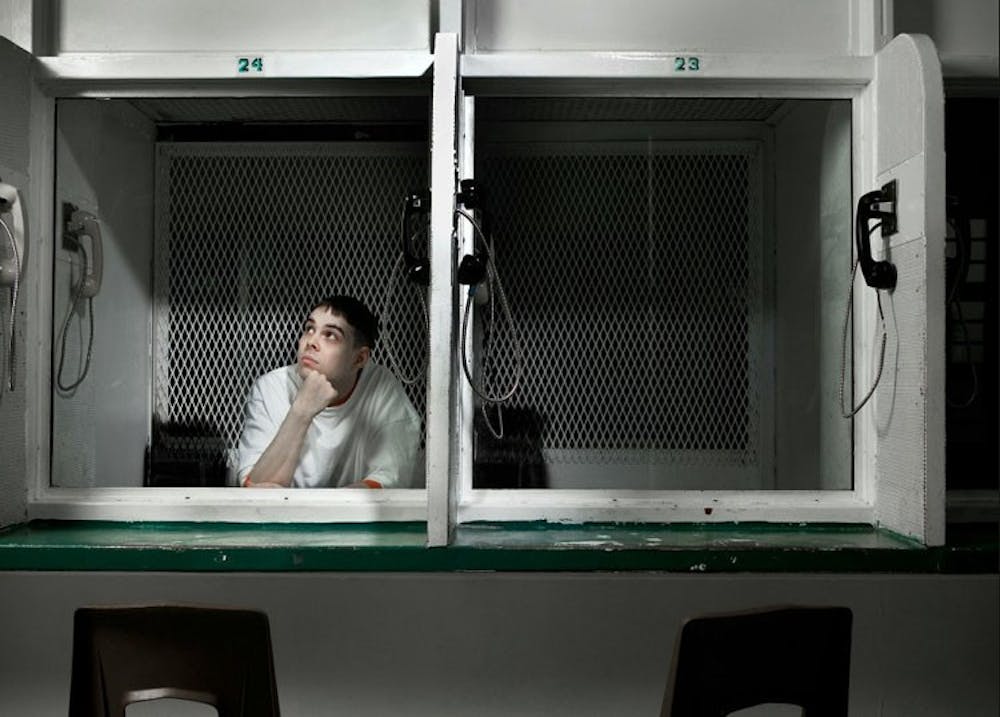German documentary filmmaker Werner Herzog (“Grizzly Man,” “The Cave Of Forgotten Dreams”) takes on a macabre American Gothic tale of death and life with “Into the Abyss.”
The documentary is equal parts Truman Capote’s “In Cold Blood” and an exposé on the no-less-grisly underside of capital punishment.
A particularly timely movie in light of the recent Troy Anthony Davis execution in Georgia, “Into The Abyss” turns the lens on a triple homicide case in Conroe, Texas. Teenagers at the time of the crime, the movie centers on Michael Perry and Jason Burkett ten years later. Burkett is sentenced to life in prison and Perry is facing execution.
While most documentaries present an inherently “biased” position, Herzog’s approach is fresh and interesting.
The focus is not on the issue of guilt or innocence. As such, it is not a who-done-it crime procedural. There is no confusion on Herzog’s personal opposition to the death penalty, but as an interviewer, he has an uncanny way of educing visceral, evocative and unexpectedly eloquent responses from his subjects.
For example, when he asks how “something feels,” rather than drawing bafflement, he elicits trenchant answers, such as when he asks Burkett’s wife to describe what his hand feels like over hers or how it felt for Burkett’s father to be chained next to his son.
His interviewing style, at worst is a bit unsettling, but for the most part, is surprisingly disarming.
“Into The Abyss” makes copious use of police video of the crime scene, as well as footage of the execution room, grimly named “The Death House.”
The interviews with the surrounding characters are what really offer some truly unique perspectives and pack an emotional punch.
The segment with Burkett’s father, who himself is serving a prison sentence, is especially poignant. His plea to the court at the sentencing to “please, do not kill my son” is a stark and haiku-like encapsulation of just what capital punishment means at its most uncomplicated: taking away a human life.
The segment with Fred Allen, a captain in the Death House unit who, after unstrapping his 125th prisoner from the gurney, could not bring himself to do it one more time, is especially powerful in its insider perspective on the “process.” His conviction that, “No one has a right to take a human life,” is cogent in the context of seeing the damage his work did to him.
“Into The Abyss” does an excellent job of portraying the milieu of violence that haunts the small Texas town, appropriately nicknamed the “dark side of Conroe.”
As such, it also reminds the audience that capital punishment is meted out to people of different backgrounds. It’s a bleak reality: generations of families in prison, rampant violence, struggling working class and gated communities.
The film’s pacing seems reflective of the complexity of the thorny issue of crime and punishment, yet steers clear of dogmatic asides, opting to simply present things as they are.
The daughter of the one of the victims describes that she was shocked to see that Perry was “just a boy” and not the monster she had imagined him to be. Yet, she felt like a weight was lifted off her shoulders when he was executed.
Her words are a small example of just how slippery the idea of retribution and, even more so, justice is.





